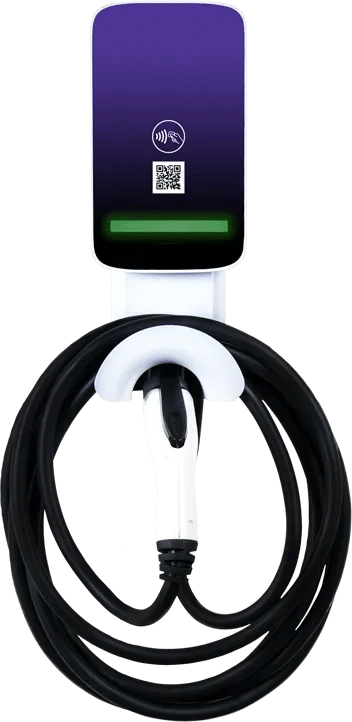Incentives
Incentives for Solar Panels and EV Chargers
There is growing recognition of the importance of utilizing sustainable resources such as sunlight, heat, and wind. While technological advancements are making products like solar panels and electric vehicles more affordable, some consumers may still be taken aback by the cost. However, investing in green energy is wise, given its benefits, such as a healthier and more beautiful planet for future generations.
There is growing recognition of the importance of utilizing sustainable resources such as sunlight, heat, and wind. While technological advancements are making products like solar panels and electric vehicles more affordable, some consumers may still be taken aback by the cost. However, investing in green energy is wise, given its benefits, such as a healthier and more beautiful planet for future generations.

EV Charger Rebates
New plug-in and fuel cell electric vehicles purchased in or after 2023 are eligible for a tax credit of up to $7,500 for new vehicles. Used electric vehicles purchased from a dealer for $25,000 or less are eligible for a tax credit of up to $4,000. Specific requirements apply; check with your manufacturer for specific rebates and incentive information.
- The US federal government offers a tax credit for purchasing a residential EV charger and installation, up to 30% or $1,000. You must purchase and install your EV charger by December 31, 2032, and claim the credit on your federal tax return.
- The Alternative Fuel Infrastructure Tax Credit (under Code 30C) gives qualifying businesses a 30% tax credit, up to $100,000 for electric charging infrastructure and other alternate fueling methods installed and placed in service from January 1, 2023, through December 31, 2032.
- Every state and utility provider offers different incentives that change often. Please reference the U.S. Department of Energy, Energy Efficiency & Renewable Energy webpage, here for updated information.
Navigating these gateways can be confusing, and State Electric Company is here to help! We’re happy to consult with you to determine your electrical needs and propose viable and affordable solutions. Our team is committed to sustaining the electrification of the nation through renewable energy sources.

Michigan is partnering with DTE and Consumers Energy to offer these incentives and rebates
Looking for More Rebates?
Consumers Energy Rebates
Power Michigan Drive
A new program called PowerMIDrive™ was created to increase EV charging capability and make it easier for you to charge your vehicle while improving our energy grid.
View RebateSmart Hour Rates
Save money by managing your electricity use throughout the year by shifting your energy usage to off-peak hours.
View RebateOther Rebates
Indiana Michigan Power
Save money when you switch from gas, save even more with I&M’s off-peak rates.
View RebateIndiana Michigan Power
I&M offers residents special rebates for EV charging stations for the home and office.
View InfoHolland Board of Public Works
HBPW offers several various incentives, including a new residential construction program.
View RebateLansing Board of Water and Light
The Lansing BWL offers several rebates to help Plug-In Vehicle (PEV) owners save money on their charging infrastructure.
View RebateSolar Panel Rebates
The Investment Tax Credit (ITC) is a federal tax credit of 30% that can be claimed by investors in solar energy property, both residential (under Section 25D) and commercial/utility (under Section 48), to offset their tax liability. Homeowners who purchase and install solar systems can claim the Section 25D credit on their personal income taxes, while businesses involved in the installation, development, or financing of solar projects can claim the Section 48 credit. The ITC is a dollar-for-dollar reduction in income taxes based on the amount invested in solar property. This credit will remain unchanged until 2033 and is available only to solar panel owners who pay federal income taxes.
You may also enroll in Michigan’s credit program through Consumers Energy here called Michigan Renewable Energy Credit.
Consumers Energy

